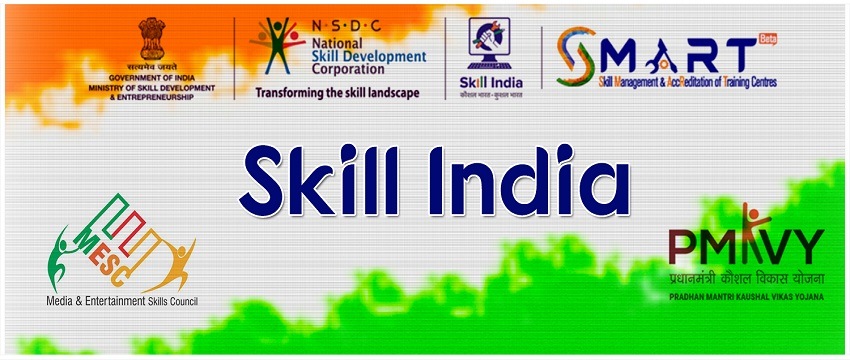Enriching the Lives of the Marginalised Communities of India through Quality Education, Skill development,
Livelihood generation, Healthcare, Environment safety, Disaster response and Agriculture Initiatives
DESCRIPTION
Logistics is defined as a business planning framework for the management of material, service, information and capital flows. It includes the increasingly complex information, communication and control systems required in today’s business environment. It is also defined as the procurement, maintenance, distribution, and replacement of personnel and material. A typical logistics framework consists of physical supply, internal operations and physical distribution of goods and services. Logistics is a critical component relevant across agriculture, manufacturing and service sectors and has to be optimally managed for smooth functioning of production and distribution operations. Additionally, logistics cost accounts for a major component of the input costs in all sectors, more so in the case of sectors such as cement, steel, automobiles, FMCG, retail, pharmaceuticals etc. With rising competition in the sectors that use logistics services, it has become even more important to enhance the efficiency of the system and use the cost-benefit in increasing the company’s competitiveness. Besides, with increasing globalisation a larger number of multi-national companies (MNCs) are sourcing, manufacturing and distributing goods on a global scale, and thus need more complex supply chains to be managed. Given such developments in Transportation, Warehousing and Courier / Express sub-sectors are expected to become a more specialised and niche expertise area where high premium will be charged for increased quality and quantity of service delivered by logistic service provider. The annual logistics cost in India is valued at Rs. 6,750 billion (US$ 135 billion) and it is growing at 8-10% annually. Logistics cost by value accounts for around 13% of the GDP of India – this is much higher than that in the US (9%), Europe (10%) and Japan (11%) but lower than that in countries such as China (18%) and Thailand (16%). In particular, the percentage-wise share of transport cost (an important constituent of total logistic cost incurred by a nation) by value of GDP has been steadily increasing. The high cost of logistics in India when compared to developed nations may be attributed to poor quality of infrastructure and inadequate service quality vis-a-vis counterparts such as US and Europe.
Transportation, Warehousing and Courier / Express sub-sector in India is dominated by the unorganised segment (small truck owning companies linked to intermediate brokers or transport companies, small warehouse operators, shop cum courier pick-up points, custom brokers, freight forwarders, etc.); the organised segment accounts for less than 10% of the total logistics market in India. The type of logistics services provided in India are yet evolving; the focus in India has been on enabling ‘physical distribution’ as compared to developed nations where the focus has progressively shifted to ‘Integrated Logistics Management’.


